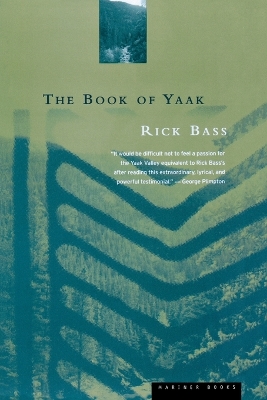This book is speaking my language. (Of course it is. Of course.) There’s a part, though, in the essay “Fires,” about the rule of the West and the rule of the world: if it doesn’t rot, it burns. “All over the West, scientists as well as residents are trying to figure out how to apply this most basic truth: the forests have to burn. Suppression only makes forests lean more toward this truth.”
And the joy with which he repeats it, and the revelation he takes it to be— not only is this so thoroughly my language, it’s so thoroughly the joy I find in it too. The sweetness. The relief. “It all has to rot or burn, and there’s only so much in the bank. Forgive me if I keep repeating the obvious: it just seems like such a revelation to me that in the end it is all the same, and that it is really the part leading up to either of those two ends that makes life so sweet for us.”
In the part leading up to either of those two ends, these are so thoroughly my people:
Despite dangers, most of us have stayed. It’s an incredible pull— the bond to home, the bond to your place.
That afternoon I go to the mercantile to get extra gas, but it’s closed. That would be a real bummer, I think, to be evacuating and run out of gas. Murphy’s Law to the nth. A friend is sitting on the porch of the tavern drinking beer, a lot of it, and watching the hypnotic sight of a mountain on fire— the mountain right across the river.
“If we burn, we burn,” he says.
